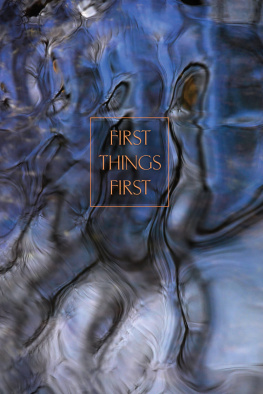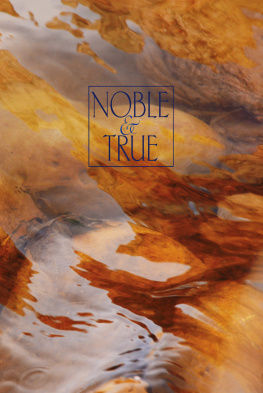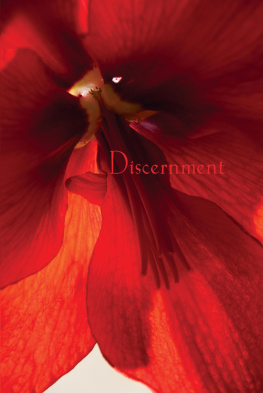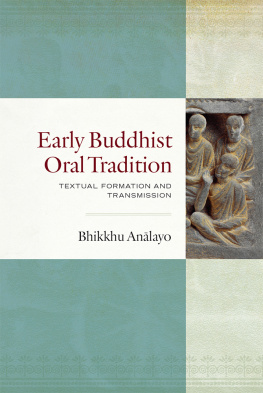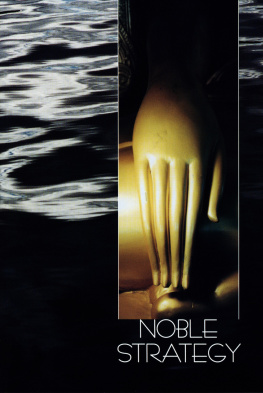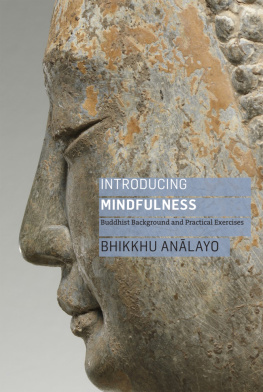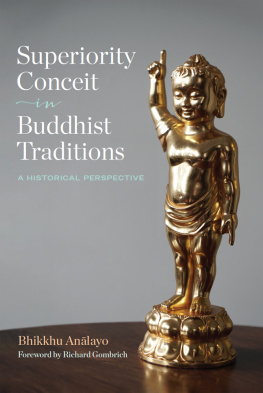Thanissaro Bhikkhu - First Things First: Essays on the Buddhist Path
Here you can read online Thanissaro Bhikkhu - First Things First: Essays on the Buddhist Path full text of the book (entire story) in english for free. Download pdf and epub, get meaning, cover and reviews about this ebook. year: 2018, publisher: Metta Forest Monastery, genre: Religion. Description of the work, (preface) as well as reviews are available. Best literature library LitArk.com created for fans of good reading and offers a wide selection of genres:
Romance novel
Science fiction
Adventure
Detective
Science
History
Home and family
Prose
Art
Politics
Computer
Non-fiction
Religion
Business
Children
Humor
Choose a favorite category and find really read worthwhile books. Enjoy immersion in the world of imagination, feel the emotions of the characters or learn something new for yourself, make an fascinating discovery.
- Book:First Things First: Essays on the Buddhist Path
- Author:
- Publisher:Metta Forest Monastery
- Genre:
- Year:2018
- Rating:3 / 5
- Favourites:Add to favourites
- Your mark:
- 60
- 1
- 2
- 3
- 4
- 5
First Things First: Essays on the Buddhist Path: summary, description and annotation
We offer to read an annotation, description, summary or preface (depends on what the author of the book "First Things First: Essays on the Buddhist Path" wrote himself). If you haven't found the necessary information about the book — write in the comments, we will try to find it.
Thanissaro Bhikkhu: author's other books
Who wrote First Things First: Essays on the Buddhist Path? Find out the surname, the name of the author of the book and a list of all author's works by series.
First Things First: Essays on the Buddhist Path — read online for free the complete book (whole text) full work
Below is the text of the book, divided by pages. System saving the place of the last page read, allows you to conveniently read the book "First Things First: Essays on the Buddhist Path" online for free, without having to search again every time where you left off. Put a bookmark, and you can go to the page where you finished reading at any time.
Font size:
Interval:
Bookmark:
This work is licensed under the Creative Commons Attribution-NonCommercial 4.0 Unported. To see a copy of this license visit http://creativecommons.org/licenses/by-nc/4.0/. Commercial shall mean any sale, whether for commercial or non-profit purposes or entities.
Metta Forest Monastery
Valley Center, CA 92082-1409
U.S.A.
More Dhamma talks, books and translations by Thanissaro Bhikkhu are available to download in digital audio and various ebook formats at dhammatalks.org.
A paperback copy of this book is available free of charge. To request one, write to: Book Request, Metta Forest Monastery, PO Box 1409, Valley Center, CA 92082 USA.
Many people have read earlier versions of these essays and have kindly offered suggestions for improvements. In particular, I would like to thank the monks here at the monastery, as well as Addie Onsanit, Nathaniel Osgood, Balaji Ramasubramanian, Dale Schultz, Isabella Trauttmansdorff, and Barbara Wright. Any mistakes that remain, of course, are my own responsibility.
Some of these essays, in earlier incarnations, have appeared in Tricycle, Buddhadharma, and Lions Roar. I would like to thank the editors of these journals for their help in making the writing clearer and more coherent. The fact that the essays were originally written on different occasions for different audiences explains the difference in style among them, the occasional overlap in content, as well as the inconsistent use of Sanskrit and Pli terms: karma/kamma, dharma/dhamma, and nirva/nibbna. I hope that this is not a problem.
These and other essays on buddhist practice are available on the internet at www.dhammatalks.org.
hnissaro Bhikkhu
(Geoffrey DeGraff)
Metta Forest Monastery
Valley Center, CA 92082-1409
December, 2018
Let an observant person comeone who is not fraudulent, not deceitful, one of an honest nature. I instruct him. I teach him the Dhamma. Practicing as instructed, he in no long time knows for himself, sees for himself: So this is how there is the right liberation from bondage, i.e., the bondage of ignorance. MN 80
When I was a young monk in Thailand, I knew a woman whose father had been the chief musician for the royal Thai court in the early years of the 20th century. The family was never wealthy, but they lived in the palace compound, and that was where she was born. That was also where, as a child, she learned how to cook. By the time I knew her, her palace years were over, but she still had a reputation as an excellent cook. Many women asked to study cooking with her, but as far as I knew, she taught only three or four. Time and again, she told me, she had to reject potential students on grounds of character. One was too flighty. Another, too proud.
Part of her attitude reflected the fact that she refused to accept money to teach, so she was free to take on only the students she felt like teaching. But a more important part of her attitude, as she explained it to me, was respect for the skills she had been taught: They deserved to be passed on only to those who were reliable enough to maintain them, and observant enough to pick up their subtleties and to apply them to the vagaries of time and placewhat kind of food was available, what kind of people would be eating the food.
As I became more familiar with traditional Thai culture, I found that her attitudes were shared by many people who had mastered the old skills. Instead of teaching students at large, they would take on apprentices, accepting only the apprentices they felt were worthy of their skills. This attitude applied not only to the skills of lay life, but alsoas I found in my relationship with my teacher, Ajaan Fuangto those of monastic life. Ajaan Fuang was passing on the skills he had learned from his teacher, Ajaan Lee, and my position was that of an apprentice who had to make himself worthy of those skills. Looking into the texts, I found that this attitude stretched all the way back to the time of the Buddha. The Dhamma he taught was a skill (vijj): the skill for ending suffering. Any student who wanted to learn needed clearly-defined character traits to qualify as an apprentice in that skill.
This perspective is rarely appreciated in Western Buddhist circles. Thats because most of us in the West gain our first exposure to Buddhism in a denatured setting: in a classroom, on-line, or in a meditation retreat. We learn the teachings as a body of concepts, and meditation as a series of techniques for seeing the truth of those concepts. Rarely, though, are we taught that either the teachings or the meditation involve qualities of the character. Even when were taught the social emotions of goodwill or compassion on a retreat, theyre usually presented as an expression of our innate good nature, with very little notion that strengths of charactersuch as self-honesty or restraintmight be needed to embody them.
This is in sharp contrast to the way the Buddha himself recommended that people encounter the teachings: in the context of a relationship with a person who embodied admirable character traits, and who wanted you to develop those traits as well. The fact that the Buddha described this relationship as an apprenticeship meant that the teacher had to look for admirable potentials in a prospective student, and the student had to look for similar traits in a prospective teacher, before each side agreed to take the other on.
While this sort of relationship was modeled on the apprenticeships of other skillssuch as carpentry or goldsmithingit wasnt simply a relic of ancient Indian traditions. Instead, it grew out of the nature of the skill that the Buddha taught and trained his students to teach. Training in this skill required more than just memorizing a body of concepts or mastering meditation techniques. It also required such qualities as honesty, harmlessness, and restraintqualities that were best transmitted through close personal contact, from one real person to another.
We can see this in the Buddhas descriptions of how a person might get started on the path to mastering the skill to end suffering. As he said, everyones first reaction to suffering is twofold: bewilderment as to why its happening, and a search for someone who might know how to end it. Because of our bewilderment, our search for someone to end this suffering can often lead us astray, as we look for help from all the wrong people. Thats the negative side of the search. But its positive side is that it opens our mind to outside help. This way, when we find the right person who really knows how to put an end to suffering, we can be responsive to that persons positive influence.
One of the most distinctive features of the Dhamma is that it points to the source of suffering inside. In other words, we suffer because of our own actions, and well be able to end suffering only when we can change the way we act. To be willing to take on such a teachingrather than one that blames our suffering on things or people outside, or that promises that someone outside can end our suffering for uswe need at least a glimmer of two qualities of the character. We have to be (1) observant enough and (2) honest enough to admit that, yes, we do suffer from our own actions, and that well have to clean up our own act if we want the suffering to stop.
Font size:
Interval:
Bookmark:
Similar books «First Things First: Essays on the Buddhist Path»
Look at similar books to First Things First: Essays on the Buddhist Path. We have selected literature similar in name and meaning in the hope of providing readers with more options to find new, interesting, not yet read works.
Discussion, reviews of the book First Things First: Essays on the Buddhist Path and just readers' own opinions. Leave your comments, write what you think about the work, its meaning or the main characters. Specify what exactly you liked and what you didn't like, and why you think so.

